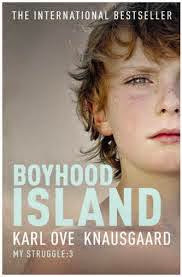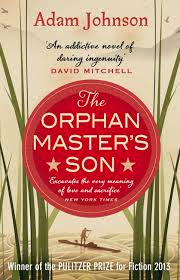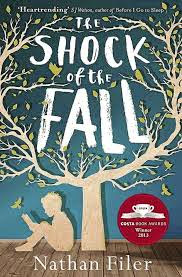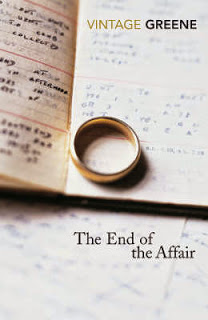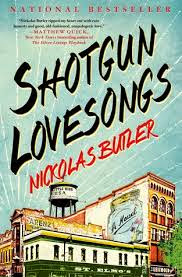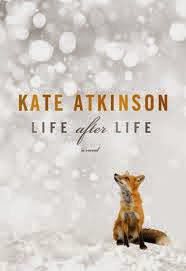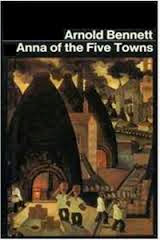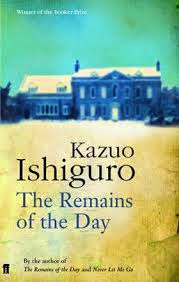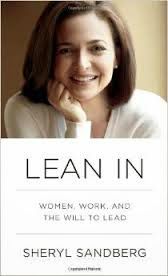
I typically do not read business books, assuming they are largely intended for morons. I read LEAN IN largely because of a speedy manicurist. I was in Lagos, and the lady finished my nails before my friend’s, so I flicked through her copy of this book, and decided I might be a moron it was intended for. I’m glad I read it. It was interesting, and I’ve thought about it frequently since.
Sandberg’s core message is essentially that while it is undoubtedly true that patriachal structures limit womens’ achievements, so too do women themselves. Womens’ internal beliefs as effectively stand in their way as do external factors. She argues that women ought to ‘back themselves.’ They should have more faith in their abilities, and in the fact that they will be able to exercise those abilities professionally while also having a family and friends.
There is much interesting data. For example:
. . .the risk of divorce reduces by about half when a wife earns half the income and a husband does half the housework
and
Today, stay at home mothers spend about seventeen hours per week on primary child care, on average, while mothers who work outside the home spend about eleven hours. This means that an employed mother today spends about the same amount of time on primary child care activities as a nonemployed mother did in 1975. . . . Today, a ‘good mother’ is always around and always devoted to the needs of her children. Sociologists call this relatively new phenomenon ‘intensive mothering’ and it has culturally elevated the importance of women spending large amounts of time with their children.
There’s much well known stuff on how the same CV given a male and a female name will invariably be reviewed more favourably in the former case; on how men routinely overestimate their performance on standard tests and women routinely under-estimate them; and so forth. My colleague found this book inspiring; I found it depressing. It’s not so much the data that kills you, as the personal anecdotes of a woman who has been in business for over thirty years. Here she is on the fact that when a new position comes up, men are banging on her door to be considered, while women virtually never are, until she encourages them.
I have had countless conversations where women responded to this encouragement by saying, “I’m just not sure I’d be good at that.” Or “That sounds exciting, but I’ve never done anything like it before.” Or “I still have a lot to learn in my current role.” I rarely, if ever, heard these kinds of comments from men.
I guess we’re screwed. It makes me wish I was born fifty years later, except for the whole oceans rising thing.

